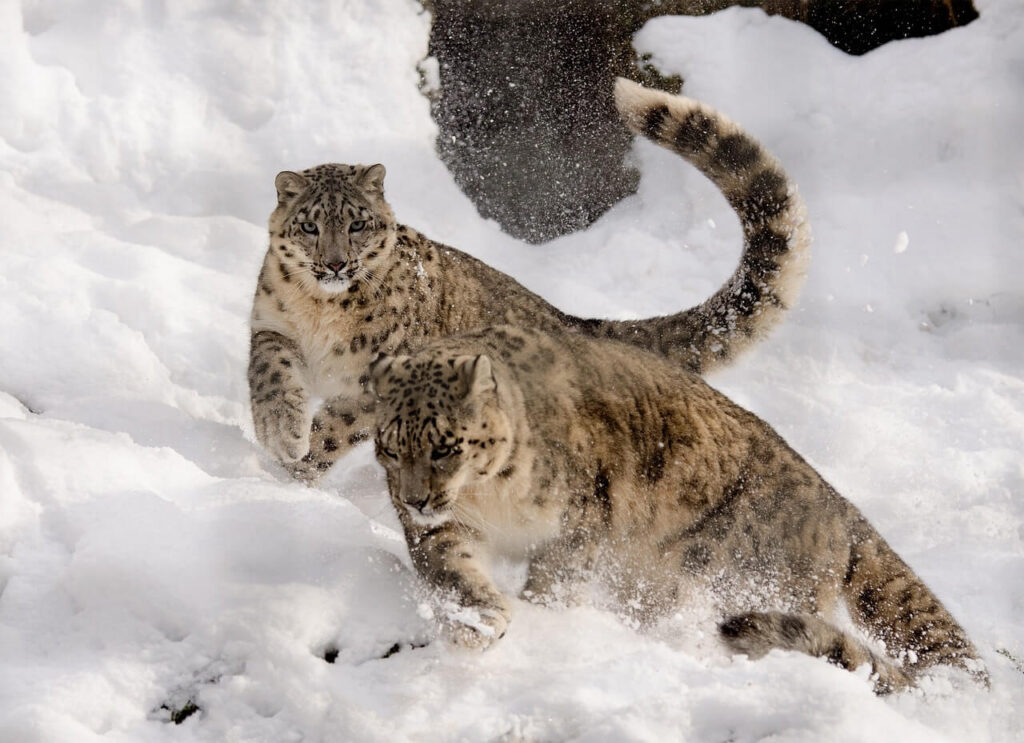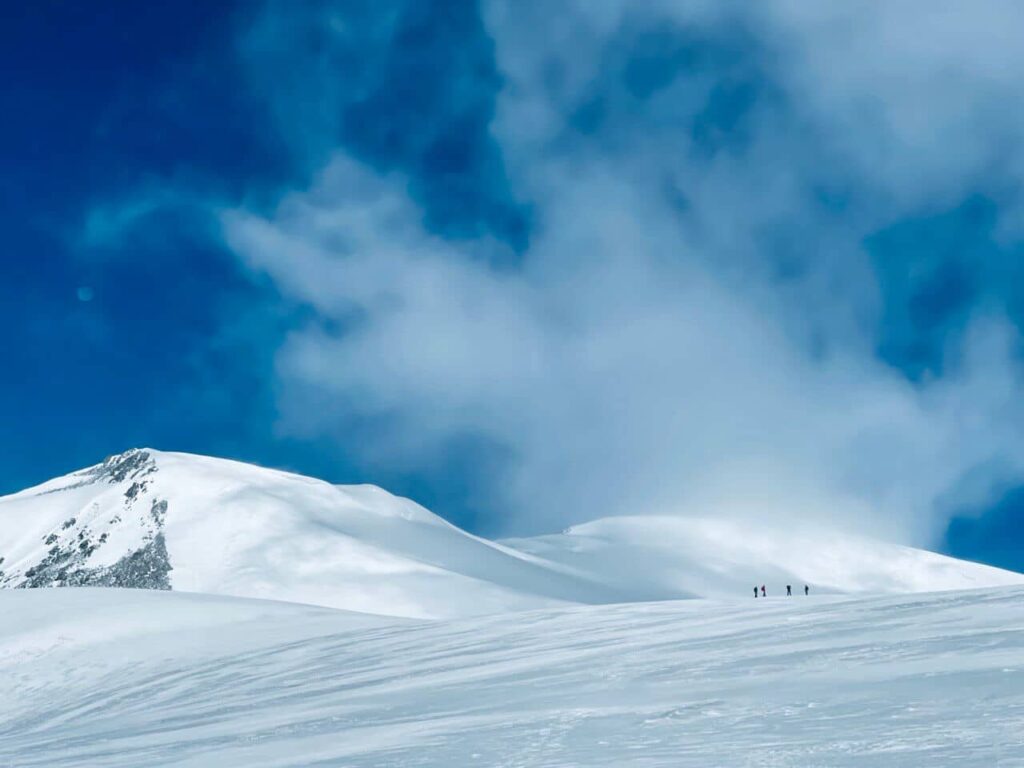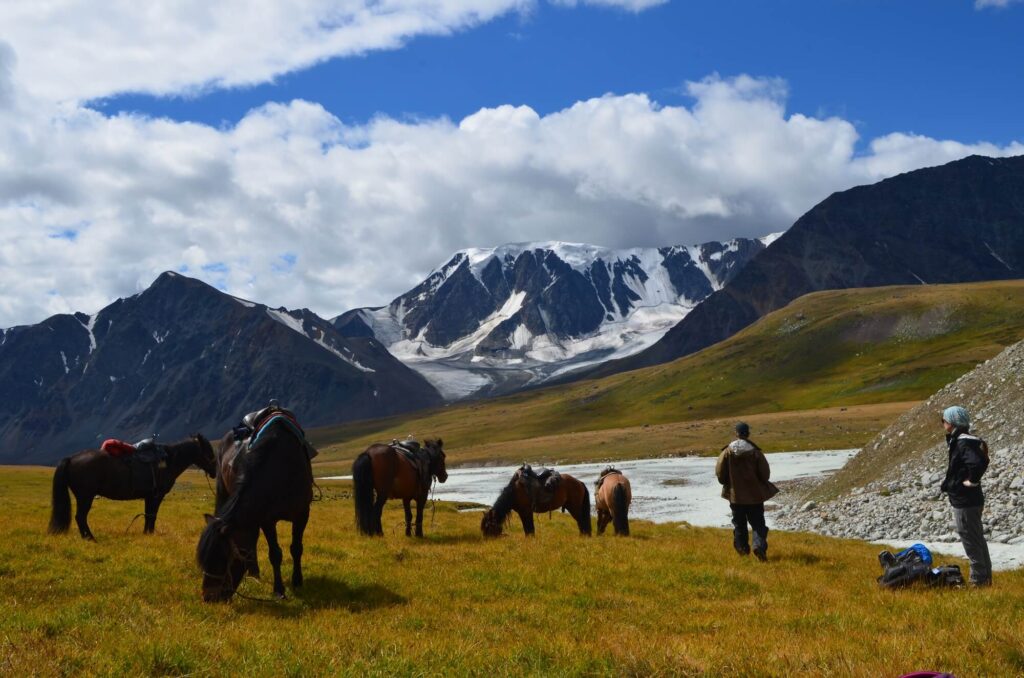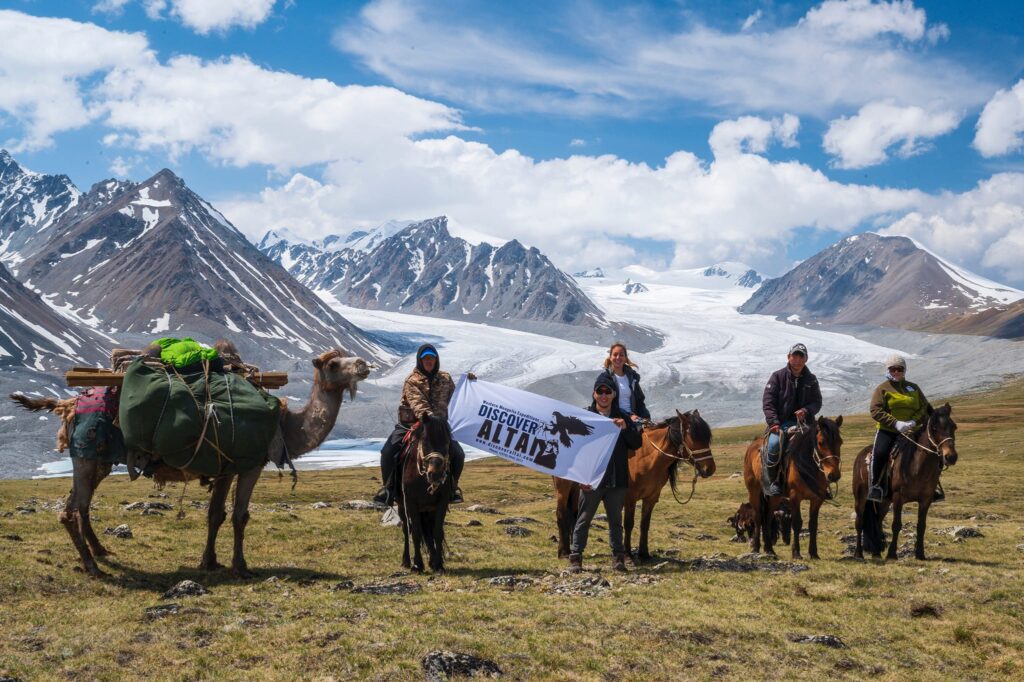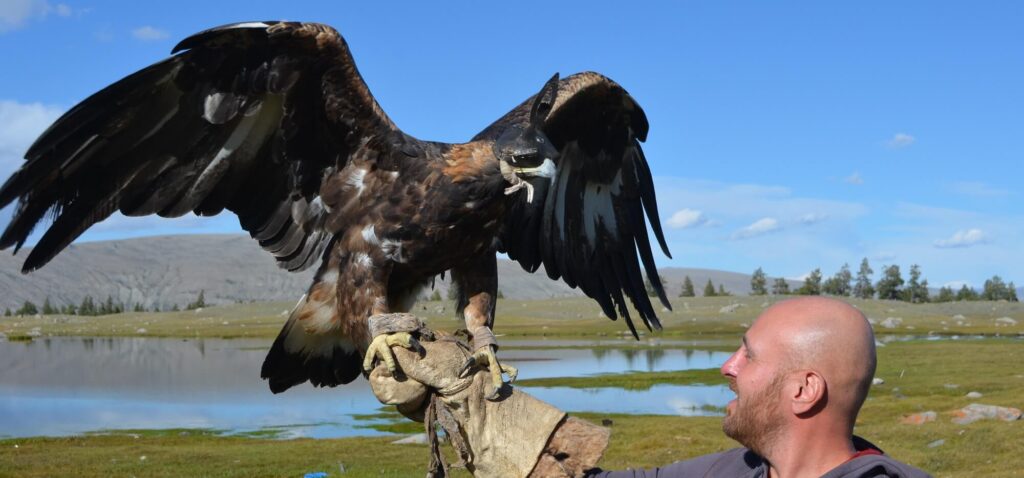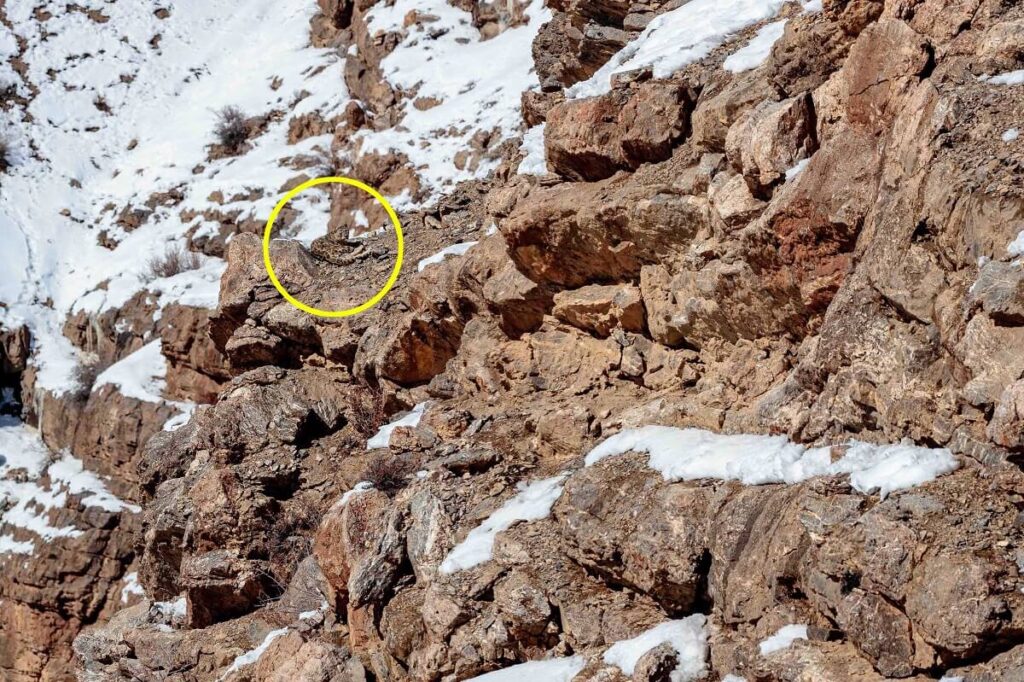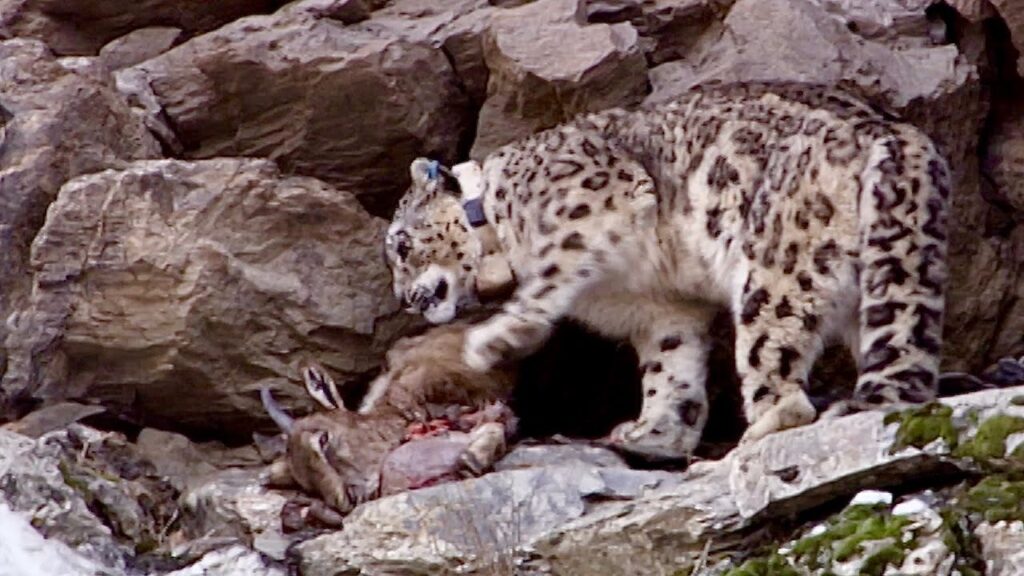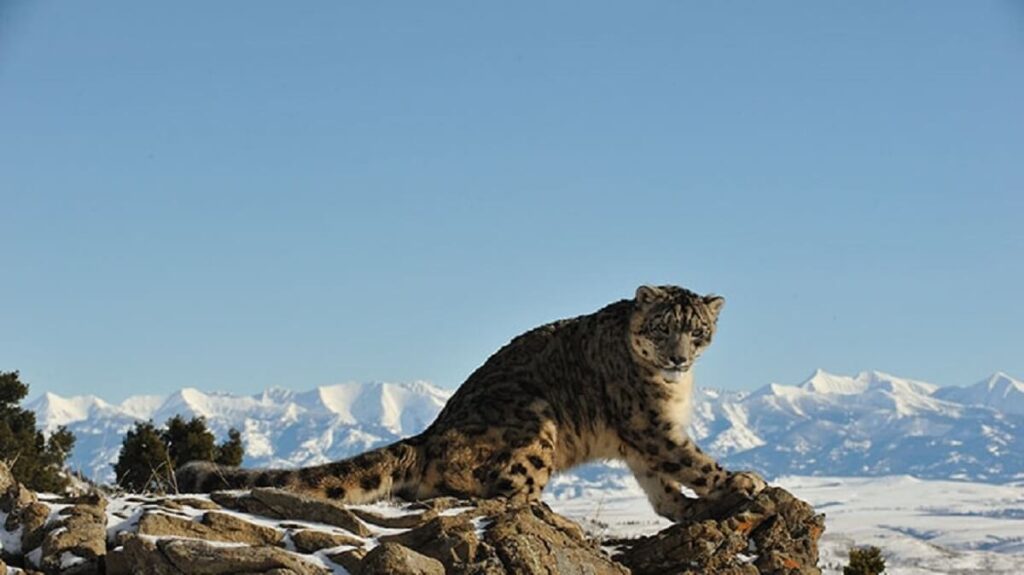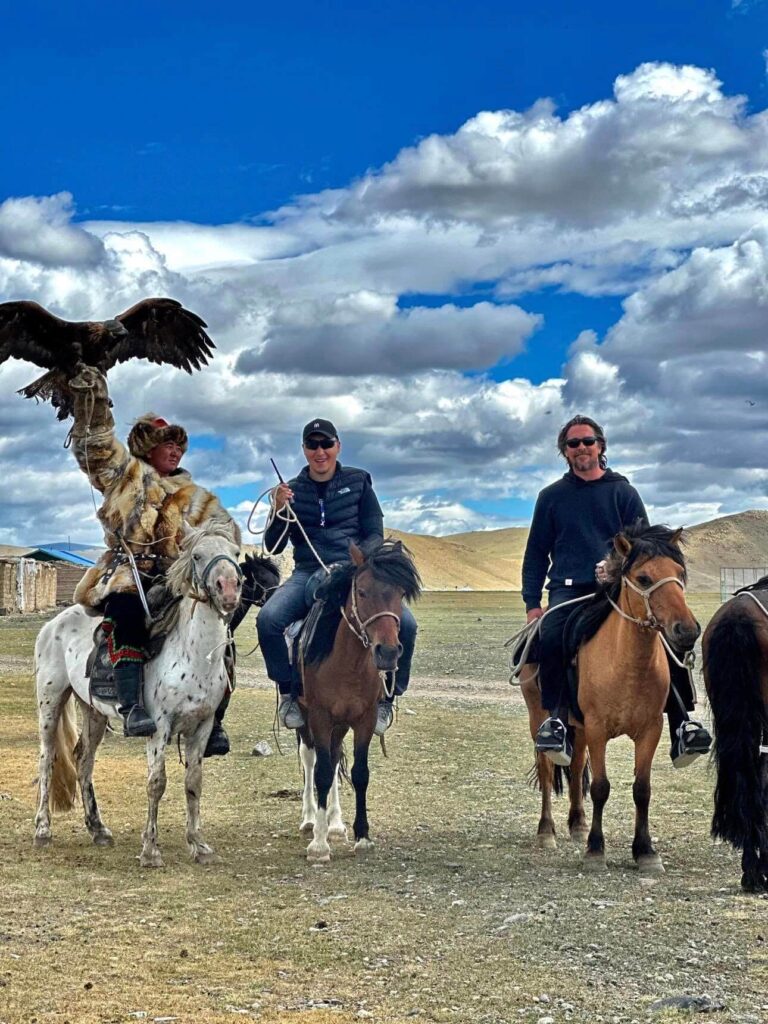Snow leopards (Panthera uncia) are one of the most elusive and magnificent big cats in the world, known for their striking beauty and ability to survive in some of the harshest environments on the planet.
Despite their incredible adaptations to cold, rugged mountain terrains, snow leopards are classified as “Vulnerable” on the International Union for Conservation of Nature (IUCN) Red List, with an estimated population of only 4,000 to 6,500 individuals left in the wild.
The decline of snow leopards can be attributed to a combination of factors, including habitat loss, poaching, human-wildlife conflict, and climate change.
We offer you MONGOLIA SNOW LEOPARD PHOTOGRAPHY TOUR. Mongolia is the world’s 18th biggest country by territory with only three million people living here. Over 1.5 million square kilometers of land is inhabited by the last nomads and unique wild animals like the red fox, grey wolf, and snow leopards. It will be wonderful 🤩🤩
Habitat Loss and Fragmentation
Snow leopards inhabit mountainous regions across 12 countries in Central and South Asia, including Mongolia, China, India, Nepal, and Bhutan.
They require vast territories to hunt and reproduce, with a single male’s home range often exceeding 100 square kilometers. However, human activities such as mining, infrastructure development, and agricultural expansion have significantly encroached upon their habitat.
This has resulted in habitat fragmentation, which isolates populations and reduces genetic diversity, making it more difficult for snow leopards to find mates, hunt, and establish territories. Fragmented habitats also make it easier for poachers to locate and hunt these solitary animals.
Poaching and Illegal Trade
Snow leopards are often targeted by poachers for their beautiful pelts, which fetch high prices in illegal wildlife markets. Their bones and other body parts are also sought after for use in traditional medicines, particularly in China.
While the use of tiger parts has become more restricted, demand for snow leopard parts has increased as a substitute.
Despite national and international laws protecting snow leopards, enforcement in remote, mountainous regions is challenging, and poaching remains a significant threat.
Human-Wildlife Conflict
In many regions, snow leopards are perceived as a threat to livestock. As human settlements expand into snow leopard habitats, these cats occasionally prey on domestic animals like goats and sheep.
For herders who depend on their livestock for livelihood, losing animals to snow leopards can be devastating. In retaliation, herders may kill snow leopards to protect their herds. Such conflict-driven killings, often referred to as “revenge killings,” contribute significantly to the decline in snow leopard numbers.
Conservation organizations have been working to mitigate these conflicts by promoting community-based livestock insurance schemes and constructing predator-proof corrals. These initiatives aim to reduce economic losses for herders and promote coexistence between humans and snow leopards.
Climate Change
Climate change poses a more insidious threat to snow leopards by altering their high-altitude habitats. Rising temperatures are pushing the tree line higher up the mountains, leading to habitat degradation and shrinkage of the alpine zones where snow leopards thrive.
This not only reduces the space available for snow leopards but also affects the availability of their prey species, such as blue sheep and ibex, which are also adapted to high-altitude environments. With fewer prey, snow leopards are forced to venture closer to human settlements in search of food, exacerbating human-wildlife conflicts.
Conservation Efforts and Future Outlook
Despite these challenges, there are numerous conservation efforts underway to protect snow leopards. Initiatives such as the Global Snow Leopard and Ecosystem Protection Program (GSLEP) and Snow Leopard Trust work in collaboration with local communities, governments, and international organizations to promote habitat conservation, combat poaching, and foster community-based conservation efforts.
Protecting snow leopards requires a multifaceted approach, addressing not just the direct threats like poaching and conflict with humans, but also larger systemic issues like habitat preservation and climate change mitigation.
Community engagement and support are crucial, as local people are both the stewards of snow leopard habitats and the ones most affected by human-wildlife conflict.
In conclusion, snow leopards are endangered due to a combination of habitat loss, poaching, human-wildlife conflict, and climate change.
However, with continued conservation efforts and international cooperation, there is hope that this iconic species can be protected and its numbers stabilized in the wild.






